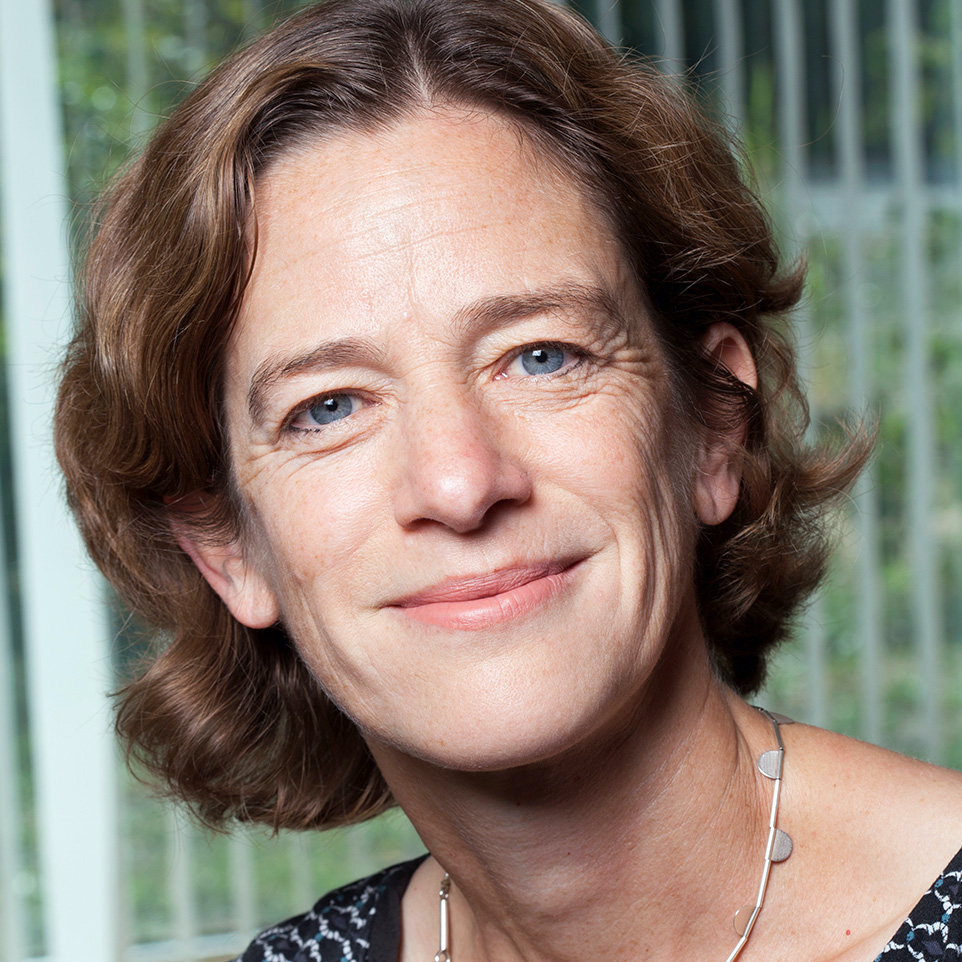Academic round-up

on Jul 9, 2010 at 5:06 pm
In the likely event that Elena Kagan is confirmed as the next Supreme Court Justice, that Court will come one step closer to permitting live broadcasts of its proceedings. When the subject was raised at her confirmation hearings, Kagan responded with enthusiasm, declaring: “I think it would be a terrific thing to have cameras in the courtroom.â€
At least a few sitting justices are on record as opposing the idea, however. Justices Kennedy and Scalia have both expressed the fear that televising oral arguments could encourage showmanship and sound bites at the expense of substantive debate about the law. As a result of their concerns, there is currently no videotape of oral arguments, and audiotapes usually are released many months later. (Starting with Bush v. Gore, the Court has allowed the immediate release of audiotape in a few high-profile cases. See SCOTUSblog’s recent interview with C-Span’s Mark Farkas in May, who discussed the issue and provided a list of those cases).
The question of how cameras might affect the quality of oral arguments at the Supreme Court is worth further study. A number of academics have addressed the influence of cameras on trials—particularly after the criticism surrounding the media coverage of the O.J. Simpson trial–but there has been relatively little written about television’s effect on appellate arguments. Yet it seems quite possible that the staid atmosphere of an appellate argument would be less open to media manipulation than would a trial.
One useful source on the subject is Daniel Stepniak’s recent book, Audio-Visual Coverage of Courts, which provides a comparative analysis of the experience of televising courtroom proceedings in the United States, United Kingdom, Australia, Canada, New Zealand.  Professor Marjorie Cohn has published a short essay urging the Supreme Court to televise its proceedings, and has also co-authored a book on cameras in the courts with David Dow in 1998. These materials provide a good background on the debate, but more scholarship in this area is needed.


